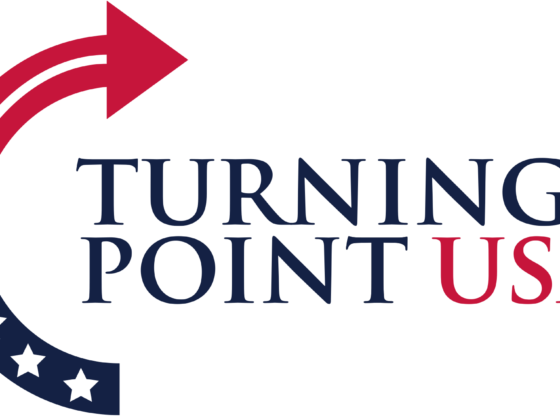The ads seem to be everywhere, on TV, in magazines, doctors’ offices, the Internet: Are you feeling tense? Having difficulty sleeping? Scared of criticism?
If so, they suggest, the answer could be a pill–an antidepressant, to be exact.
The drugs that revolutionized the treatment of depression a decade ago now are increasingly used to treat anxiety disorders, mental illnesses that can cause paralyzing worry or intense fear of social situations. Caused by a deficiency in brain chemistry, the disorders can indeed be remedied by potent mood-altering medications such as Paxil and Effexor.
Drug companies commonly seek new uses for their drugs; it’s a way of expanding their market and getting a greater return on the money spent doing research. But now it appears they could be capturing a new segment of patients–those with less serious disorders, such as occasional anxiety.
Since the federal government approved the drugs for generalized anxiety disorder and social phobia, prescriptions for the medications have soared. Doctors and other health experts, meanwhile, report a marked increase in the number of patients claiming anxiety disorders and seeking relief.
Just about everyone has experienced situational anxieties–when personal or professional stress keeps us keyed up and disturbs our sleep–and it can be difficult to pinpoint exactly when life’s mundane worries escalate into a full-blown psychiatric disorder. “There are few conditions where there’s a black and white cutoff,” said Dr. Franklin Schneier, a psychiatrist at Columbia University in New York.
Consequently, some mental health experts say, people with normal angst may get powerful medications they don’t need, sometimes suffering from side effects such as agitation, insomnia, loss of libido and, when they try to quit the drugs, withdrawal. At a time when managed-care companies are cutting expenses, this marketing of the drugs also ratchets up consumer demand for costly, name brands when generics, or even counseling, may do the job just as well.
Doctors and psychologists say the broad push to prescribe medications for anxiety is further indication we’re medicalizing normal variations in temperament. The advertising is “a double-edged sword,” said Dr. Michael Brase, medical director for behavioral services for WellPoint Health Networks Inc., the parent of Blue Cross of California. “It’s helped some people realize they need to be on medication, but others may be just going though a bad patch in their lives. And that’s what muddies the waters.”
GlaxoSmithKline, the maker of Paxil, says the advertising campaigns de-stigmatize anxiety disorders in the same way that publicity surrounding the introduction of Prozac brought depression out of the closet 15 years ago. “Our intention is to educate the public about the symptoms of these disorders” so that people with serious mental illnesses will seek treatment, said Dr. Philip Perera, a psychiatrist and group director for clinical psychiatric research at GlaxoSmithKline in Philadelphia.
But it’s the publicity that has caused many mental health experts to suspect that many people are getting medications for mental disorders that were once believed to be relatively rare.
For example, after Paxil was approved to treat social phobia in 1999, the company nearly tripled its advertising spending, from $31.5 million in 1999 to $91.7 million in 2000. In April 2001, the FDA approved the drug for generalized anxiety disorder as well. In the first six months of 2002, advertising for the drug topped the $60-million mark, according to figures compiled by CMR, a market research company.
Prescriptions are rising accordingly. Last year, 26 million prescriptions for Paxil were dispensed. This year, more than 16.9 million prescriptions were filled in the first half of the year, a projected spike of more than 25 percent. Similarly, in 1999, when Effexor was approved to treat generalized anxiety, 5.5 million prescriptions were written for the drug; the following year, that figure rose to 8.7 million, according to IMS Health, a health-care information company in Fairfield, Conn.
“Advertising definitely induces demand for these products,” said Steven Findlay, director of research for the National Institute for Health Care Management, a Washington, D.C., nonprofit. “But we don’t know what percentage of these prescriptions are being written inappropriately.”











